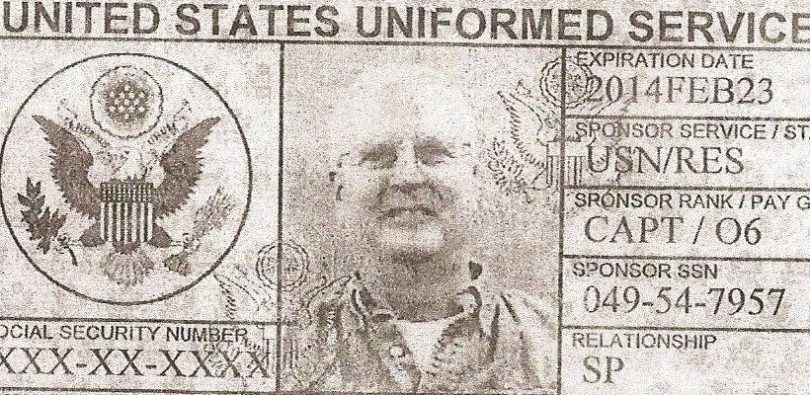Mention the lost military records of July 1973 to a genealogist, he/she will most likely gasp for air and start shaking their head in dismay.
When this professional genealogist goes to a national genealogy conference, sometimes it’s tough to get up and at ‘em. This experienced ancestry researcher has attended, over the years, presentations by most of the professional genealogy services “A-Listers”.
The subjects these professional genealogists and expert ancestry researchers cover are the usual: German research, Irish research, military research, documentation, DNA, the law.
So, at a recent genealogy conference in Springfield, Illinois, this professional genealogist had a nice change of pace when I attended a National Archives presentation. This genealogy session included a discussion about The Morning Report.
The speaker was Bryan McGraw, Director of the National Archives at St. Louis. When he mentioned the fire of July 1973, there was an audible gasp. Yet, in the professional genealogy services world, there’s always a gasp when the fire at the St. Louis Branch of the National Archives is discussed. Knowing that so many military records have been lost forever.
That fire burned over 75 percent of the military records from after 1911 that had been housed on the top floor of that collection. For the genealogy world and especially for those genealogists who might be seeking World War I and World War II records, the fire of July 1973 was a true disaster. These lost military records are a devastation to the entire community.
Yet, in a hopeful note, McGraw reminded us genealogists not to forget “The Morning Report”. Yes, the lost military records were important but not all hope is gone.
The St. Louis Branch of the National Archives houses military records and so much more. While any genealogist might first think of the vast archived Military Personnel files; for those individuals with a discharge date between 1911 and 1954*, the St. Louis facility’s holdings also include:
- Archived Civilian Personnel Records for federal civil servants whose employment ended before 1952.
- Civilian Conservation Corps (CCC) enrollee records.
- Archived Other Records.
The industrious genealogist should not dismiss the category of “Other Records”.
When you are on an assignment as a genealogist doing or checking genealogy research, make sure you investigate everything—including general categories in archives. When you come across general categories, there may be lots to find. Take the category “Auxiliary and Organizational Records”.
Here, the genealogist will find that the holdings include:
- Morning Reports
- Unit Rosters
- Officer Pay Cards (Army)
- Muster Rolls (Navy)
- S. Army Surgeon General’s Office Records
- Veteran’s Administration Index Cards
This is good stuff for a genealogist.
Yet, what exactly is a Morning Report and who was responsible for the Morning Report?
The Morning Report was just that. It was a report done every morning to document the comings and goings of a Military unit’s personnel. It was usually done by a guy who had learned how to type. If someone new came into an outfit, documents were completed. If someone transferred out, documents were done. If someone changed units, became sick, was injured or died, even more documentation was completed.
Now do you see why this is good stuff for a genealogist?
Morning reports are filled with information for the genealogist. Looking for lost military records go from impossible to possible. And, the Morning Reports are not as quick and easy to use as one might think. That is because when they are compiled, these reports focus not on the individual but on the Military unit.
The National Archives McGraw emphasized that family history researchers are always welcome to look at the Morning Reports in the St. Louis archives where there are thousands and thousands of cubic feet of documents.
McGraw noted that if a genealogist is looking to use these Morning Reports at the St. Louis facility, the research process may be sped up with a bit of pre-planning. He encourages the genealogist to contact his staff ahead of time if the name and unit are known for a soldier.
That way, documents may be ready upon arrival of the genealogist. The genealogist may begin the search online.
If time or knowledge is a concern for you in your family history search, hire a genealogist from RecordClick. You will get a professional genealogist who knows and d understands the many different types of records and the organization of the National Archives.
*–Earlier military personnel records –before 1911–are housed at the National Archives in Washington, D.C.







